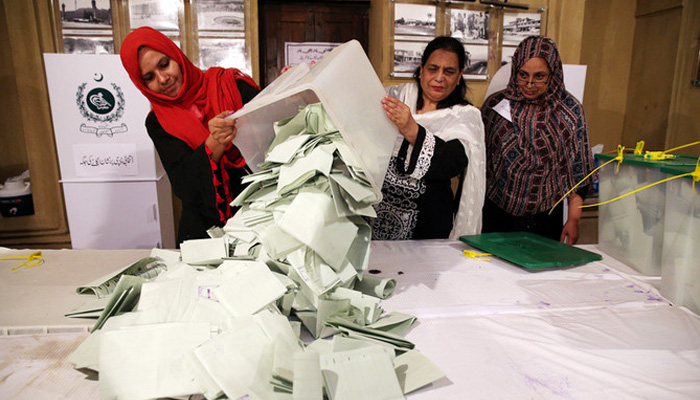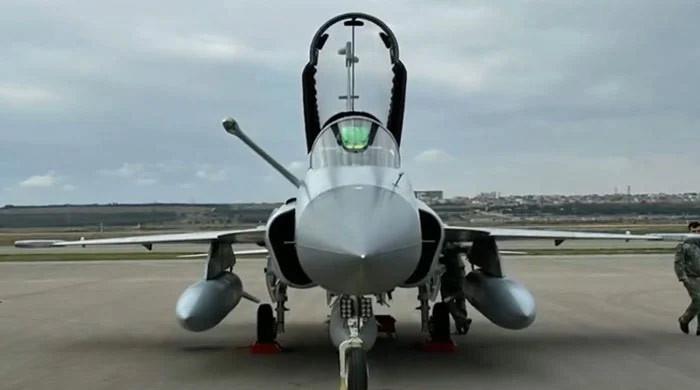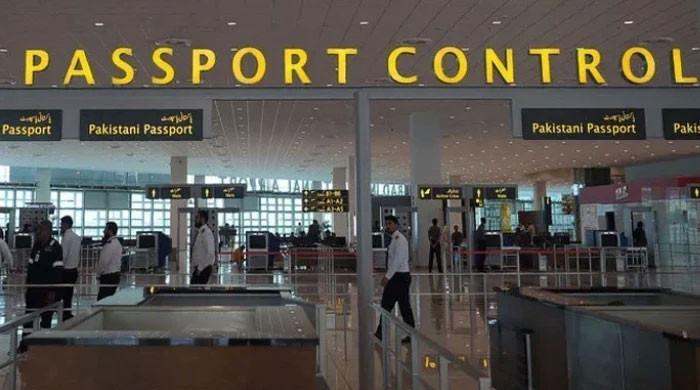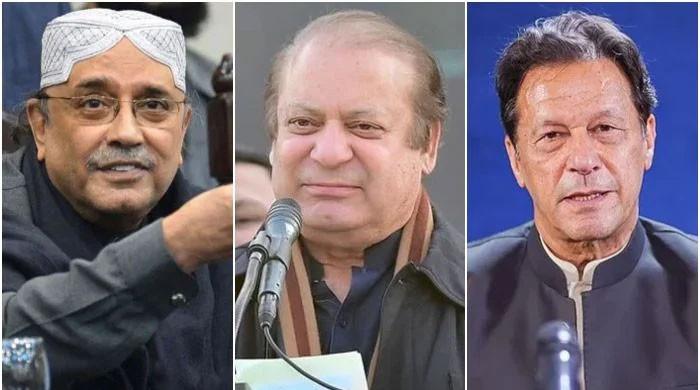No concern raised by any country regarding polls delay, FO says
FO Spokesperson Mumtaz Zahra Baloch clarifies she has no knowledge of any communication from diplomats
August 29, 2023

- FO spokesperson says she has no knowledge of any such messages.
- "Authorities can address doubts if raised by any country," FO mentions.
- Reports say western diplomats met high-ranking officials on matter.
ISLAMABAD: After reports of some senior diplomats expressing reservations regarding the delay in polls in Pakistan surfaced, the Foreign Office said it has not yet received any such communication from any capital, sources told The News.
If a country raises any doubts and concerns, the FO said, the authorities can address them.
The FO's response came after reports floated about some senior diplomats suggesting that a delay in the elections could have negative effects on Pakistan’s relationships with democratic nations. It was also reported that a few countries have engaged with the authorities concerned about the electoral process to gauge the possibility of any unwarranted postponement of the polls.
Highly placed sources within the FO informed The News on Monday that the Election Commission of Pakistan (ECP) has already unequivocally stated there are no plans to postpone the elections.
Meanwhile, FO Spokesperson Mumtaz Zahra Baloch clarified that she has no knowledge of any messages from any capital on this matter, as the positions of Pakistan and other countries on the issue are already known.
The sources revealed that the government is well aware of the European Union’s (EU) stance and the International Monetary Fund’s (IMF) perspective on the matter. If parliamentary elections are deferred without valid reasons, the Generalised System of Preferences Plus (GSP+) trade facility could come under scrutiny.
It has been reported that the United States Ambassador to Pakistan, Donald Blome, and some other senior Western diplomats had held meetings with high-ranking officials in Pakistan, including caretaker Prime Minister Anwaar-ul-Haq Kakar and Chief Election Commissioner (CEC) Sikandar Sultan Raja.
These meetings were aimed at gaining first-hand assessments of the situation. It is understood that these countries have closely followed the developments in Pakistan regarding election preparations and maintained communication with relevant parties to emphasise the preservation of a democratic environment.
These nations have consistently supported and promoted democratic norms in countries of interest to them. The concern raised by democratic capitals stems from a malicious campaign orchestrated by certain elements that have previously undermined peace and stability in the country. These elements suggest that the incumbent caretaker administration could extend its tenure beyond the constitutionally mandated period.
The sources noted that Pakistan has adequately briefed important capitals on the post-dissolution developments in national and provincial legislatures. The government has assured these capitals that the action will strictly adhere to the Constitution and law. The restriction to hold elections within 90 days following assembly dissolution, as stipulated in the Constitution, has been communicated.
However, the sources of these constituencies, which form the basis for democratic elections, are of paramount importance to ensure fairness and smooth conduct of polls. Relevant sections and articles of the Constitution have been cited by the interlocutors representing Pakistan. Most capitals seem satisfied with Islamabad’s explanations, the sources reported.
The sources also pointed out that the US ambassador, British high commissioner, EU representative, and envoys from other democratic countries maintain active contact with Pakistani high-ranking officials. They have been assured that Pakistan is progressing smoothly in terms of elections.
No law pertaining to holding free and fair elections will be disregarded, and law-abiding political leaders and parties will have the freedom to contest without discrimination. Interestingly, the statement released by the US embassy following the ambassador’s meeting with the CEC emphasised that the choice of Pakistan’s future leaders is the prerogative of the Pakistani people.
The US remains committed to deepening bilateral relations with whomever the people choose. Identical sentiments were expressed by the US mission after the envoy’s meeting with the caretaker Prime Minister, which occurred the next day.
The sources highlighted that the ECP had recently clarified that there are no intentions to delay elections once the delimitation process concludes. Speculation arose that updating electoral rolls based on new delimitations could lead to further delays.
The electoral body dismissed the concern, explaining that updating electoral rolls and delimitation can proceed concurrently, as this is not an uncommon practice and would not cause any delay in elections. The ECP has already set December 14 as the deadline for completing the constituency delimitation process, and the enrollment of new voters will also be completed by this deadline.
According to sources within the FO, there have been no communications with any capital regarding the elections or the potential for delays.
"The status of preparations for free and fair elections in the country is well known to all key nations," they affirmed.











